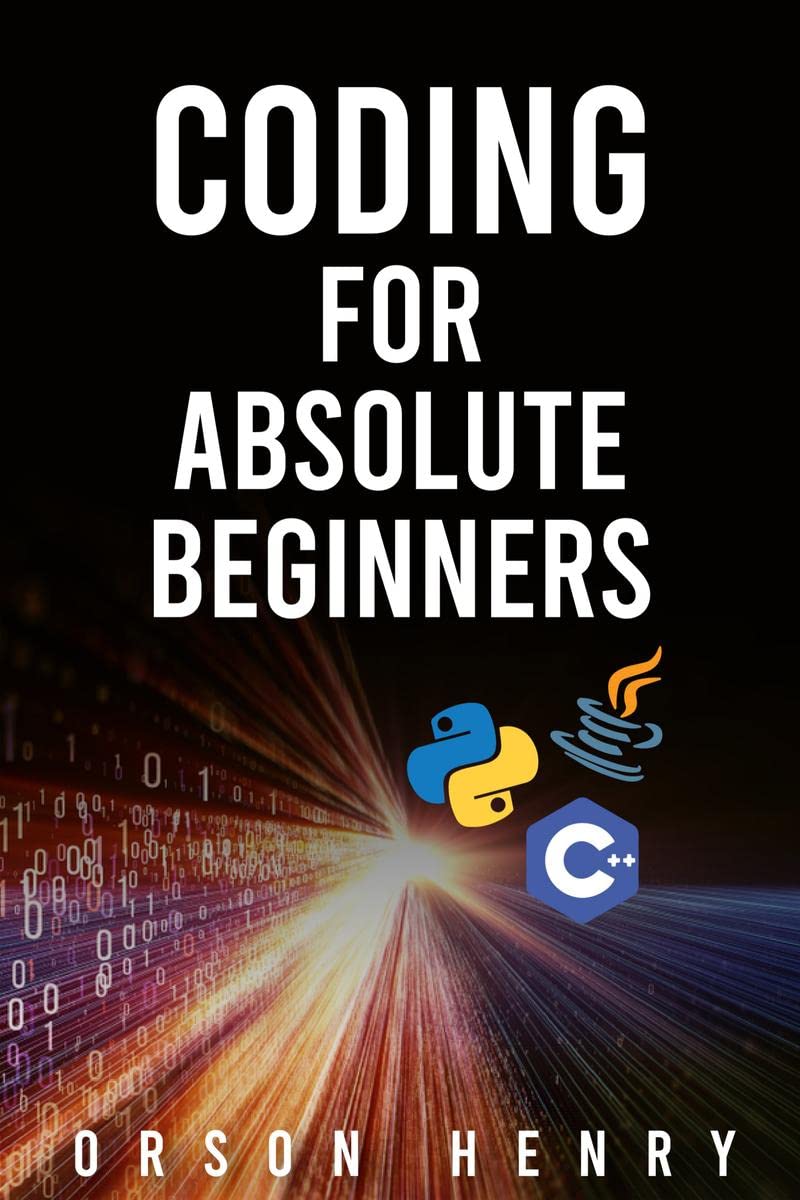Introduction
Programming is a very important skill in the current world of advancement in technology and for first timers it can be very hard to determine which language they should start with. Today there are hundreds of languages and frameworks available, so how should you decide which one to use? It is not a choice between whether to learn a language or not; it is about choosing what language learning tool serves your career needs and passions.
This guide will guide you through all the different options out there and assist in choosing the right programming language for your needs. Whether you want to be the next web developer, data scientist, or an ingenious mobile app developer, we have you sorted.
Table of Contents
Why Programming Language Should Be Learned
But first, let’s discuss why you should learn programming at all before going into particular languages. Coding in today’s world is not limited to the scientists and engineers as we have seen in the case of the app.
Wide Range of Applications: Software development is a core part of almost every sector in today’s world. Whether we talk about the healthcare sector, the finance sector, entertainment sector, or the retail sector, businesses are using software to grow and become more efficient. Learning how to code can be beneficial in different areas including web development, data analysis, IT security, and artificial intelligence.
Job Market Demand: There are more and more vacancies for programmers every year at the international level. With automation and technology being some of the principal focuses of modern business, tech positions are on the rise. The U.S Bureau of Labor Statistics reveals that employment in software development is expected to increase by 22% within 2030. The same trends can be seen in many other countries.
Empower Your Creativity: Programming empowers one to create something out of the imagination. Whether you are designing a website, developing an application, or constructing an algorithm, coding offers the tools with which you build your solutions and your ideas.
Things to Look at While Selecting Your First Programming Language
There are certain guidelines by which people choose their languages as a beginner. It’s essential to consider the following points before committing to a language:
Career Goals: While choosing one, you ought to consider the field and sectors you wish to be employed at. For example, if the person is interested in web developing, then, he or she will have to pay much attention to languages such as JavaScript or Ruby and the likes. If you’ve got more of a taste for data science then Python is often the go to language.
Ease of Learning: The level of difficulty in learning some languages is higher than others. As for the newcomers, it is more effective to begin with the language that has plain syntax and is rather easy to master, like Python.
Community Support: Strong community always implies numerous resources like tutorials, forums and libraries. This can be a great assistance when you are stuck. Python, Javascript, and Java are some of the examples of languages that boast of huge following and a very active user base.
Scalability: Select a language in which you will still be comfortable when you are in the middle of your career. For instance, Python, Javascript, and Java are scalable languages suitable for investing in and applicable in a multitude of fields.
The best programming languages for beginners
Having looked at the factors to consider when choosing the programming language, we continue to look at the easiest programming languages that are easy to learn and their advantages.
Python – The Language of the Beginner’s Choice
Python is said to be one of the best languages for starters. It is characterized by a small number of syntax constructions which are very close to the English language. This makes it very ideal particularly if you are just getting your first touch with programming languages.
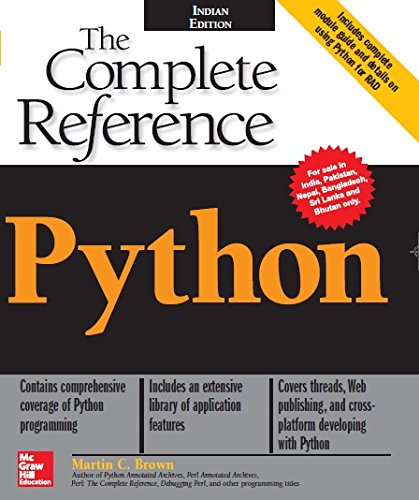
Python: The Complete Reference
Why learn Python?
Easy to Learn: Python’s syntax is clear and easy to understand which means you spend less time trying to decipher the code than what you would spend on solving problems.
Versatile: Python supports web development, data science, machine learning – Artificial Intelligence AI, automation, and many more applications.
Community Support: With a large community and extensive libraries, finding help and resources is easy.
If you’re interested in exploring careers in AI, machine learning, data science, or backend web development, Python is an ideal starting point.
JavaScript – Essential for Web Development
If web development excites you, JavaScript is the language you can’t ignore. JavaScript is the backbone of front-end development and is also gaining traction on the server-side (thanks to Node.js).
Why learn JavaScript?
Full-Stack Capability: You can use JavaScript for both client-side (front-end) and server-side (back-end) programming, making it an all-in-one solution for web development.
Widely Used: Nearly every website on the internet uses JavaScript in some form. Learning this language gives you immediate results, as you can run code directly in a web browser.
Frameworks and Libraries: JavaScript has a plethora of frameworks (like React, Angular, and Vue) that make building web applications faster and more efficient.
If you want to become a web developer, JavaScript is the language you need to master.
Ruby – For Simplicity and Web Development
Ruby is another language praised for its simplicity and elegance, especially in web development. Ruby on Rails, a popular web development framework, has made Ruby a favorite among startups and small teams.
Why learn Ruby?
Simple and Intuitive: Ruby was designed with developer happiness in mind. Its syntax is clean, easy to understand, and focuses on getting things done quickly.
Popular in Web Development: Ruby on Rails has been used to build web applications for companies like Twitter, Airbnb, and Shopify.
Great for Prototyping: Its simplicity allows you to quickly prototype applications, which is great for startups and small projects.
If you’re looking to enter the web development field with a language that prioritizes simplicity and productivity, Ruby is a strong candidate.
HTML/CSS – The First Step to Web Development
HTML (HyperText Markup Language) and CSS (Cascading Style Sheets) are not programming languages in the strictest sense of the word, but without them, you can’t build websites. HTML is used to markup web pages while CSS is used to present these pages.
Why learn HTML/CSS?
Beginner-Friendly: The syntax is quite easy and can be easily understood by anyone.
Necessary for Web Development: HTML and CSS are used by every website. These are the foundation of the web.
Immediate Results: What else can be more exciting than seeing the changes you make on web pages instantly especially for those who are starting to learn.
HTML and CSS are compulsory for any person who wants to be a front-end web developer.
Java – Powerful and Versatile
Java is a powerful and object orientied language which can be used in most of the industries in the world. It is used in approximately over 7 billion devices and can be used in business applications and Android applications.
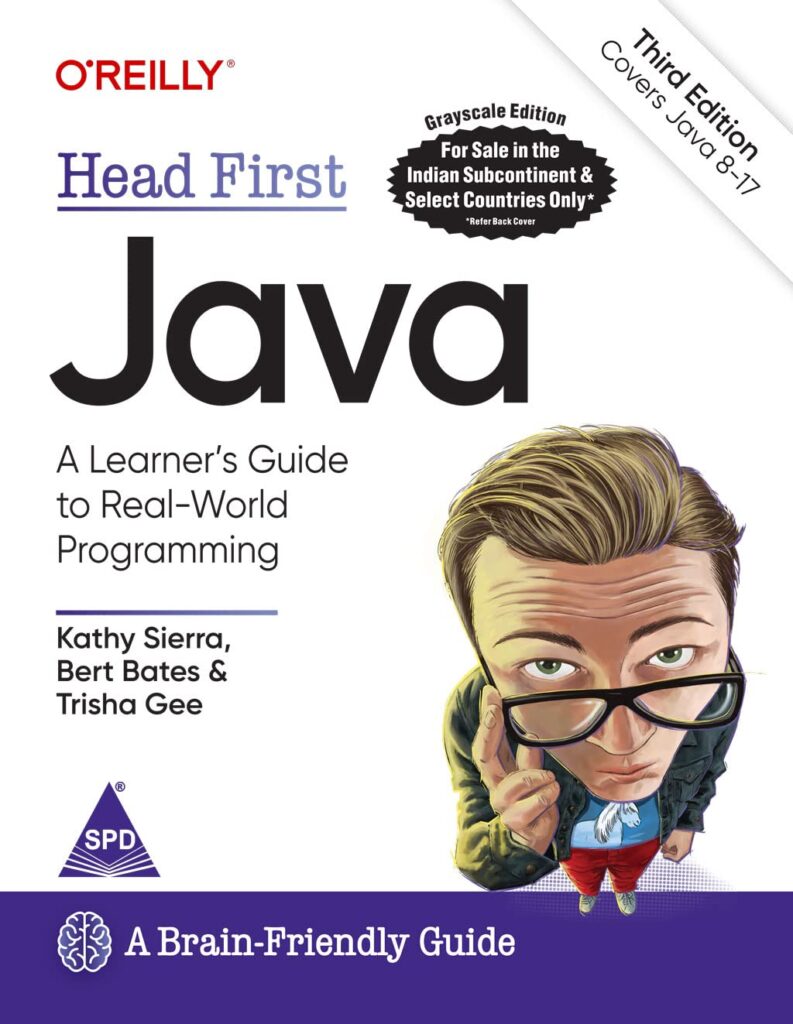
Head First Java: A Brain-Friendly Guide, Third Edition
Why learn Java?
Platform Independence: Java is famous for the “license to run anywhere” method that would suggest that any Java program may work on any device with Java compatibility.
Widely Used in Enterprises: Java is the language of choice for building big enterprise systems.
Strong in Mobile Development: Java is a primary language for developing Android apps, thus its importance to developers of mobile applications.
Java is a perfect choice if you need to create applications with a vast functionality or mobile applications.
C/C++ – Towards Low Level Programming
C and C++ are among the oldest and most robust languages in existence in the current market today. Although they are harder to learn they offer you a more profound look at how computers work. These languages are used in development of games, operating systems and at the hardware level programming.
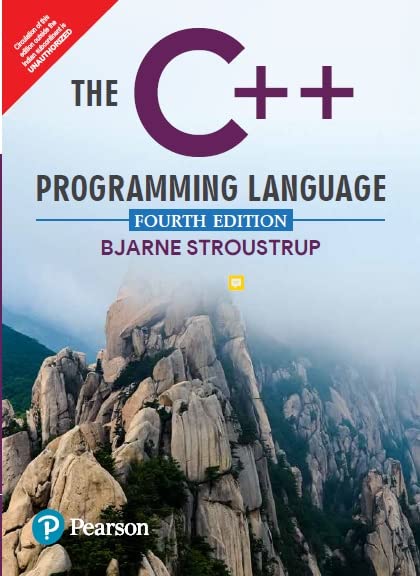
Why learn C/C++?
Low-Level Programming: These languages offer a better way of understanding how computer stores data and perform operations on the data.
Performance-Oriented: The language used in the C/C++ is highly optimized to deliver high performance and therefore the language is preferred for game development as well as development applications in general that need to be high performers.
C and C++ Programming languages should meet your need if you have an interest in systems programming or game development.
How to start with your first programming language
After choosing a language, the best thing to do is to get into it and start coding. Here are some tips to help you get started:
Utilize Free Resources: Sites such as Codecademy, Coursera, freeCodeCamp etc provide free lessons for learners, as well as tutorials for novices.
Work on Projects: Practice makes perfect; this is why small projects should be built. No matter it is a personal home page or a very basic game, the practice will help to cement in the knowledge.
Join Coding Communities: If you have more questions or want to share some information about your progress, you can use Stack Overflow, Reddit’s programming communities, and GitHub.
Be Consistent: Practice should also be scheduled as a normal activity. Coding is a skill that gets better with practice and so as the saying goes, practice makes perfect.
Common Errors Students Should Avoid When Studying Programming
Avoid learning too many languages at once: Learn only one language at a time and get fluent in it before trying to learn another.
Don’t focus solely on theory: The best way to get better at solving problems is to practice them.
Don’t give up too soon: Programming can be so annoying at times, but one must stick to it.
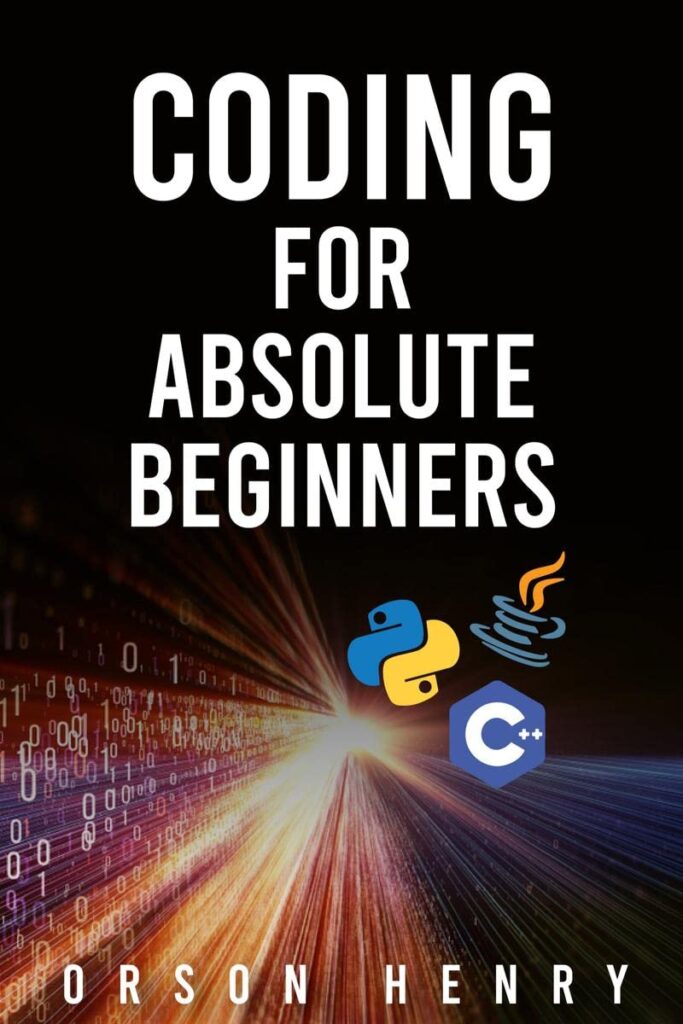
CODING FOR ABSOLUTE BEGINNERS : Learn Python, Java, C++, and How to Protect Your Data From Hackers
Conclusion
Deciding on the first programming language to learn is always a challenge, however, with some help it is possible to select on the best language to learn. Python, JavaScript, Ruby, Java, C/C++ are all different depending on what you want to do. As always, the best way is to start with small steps, create projects, and do it over and over.

